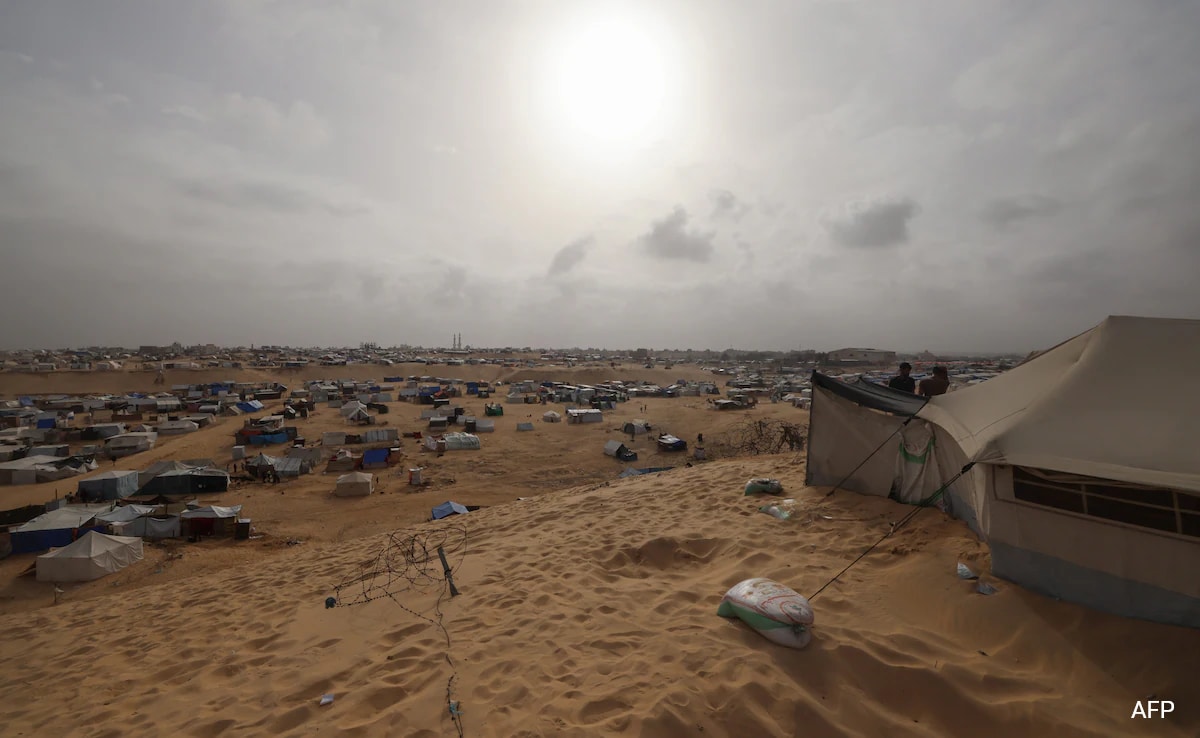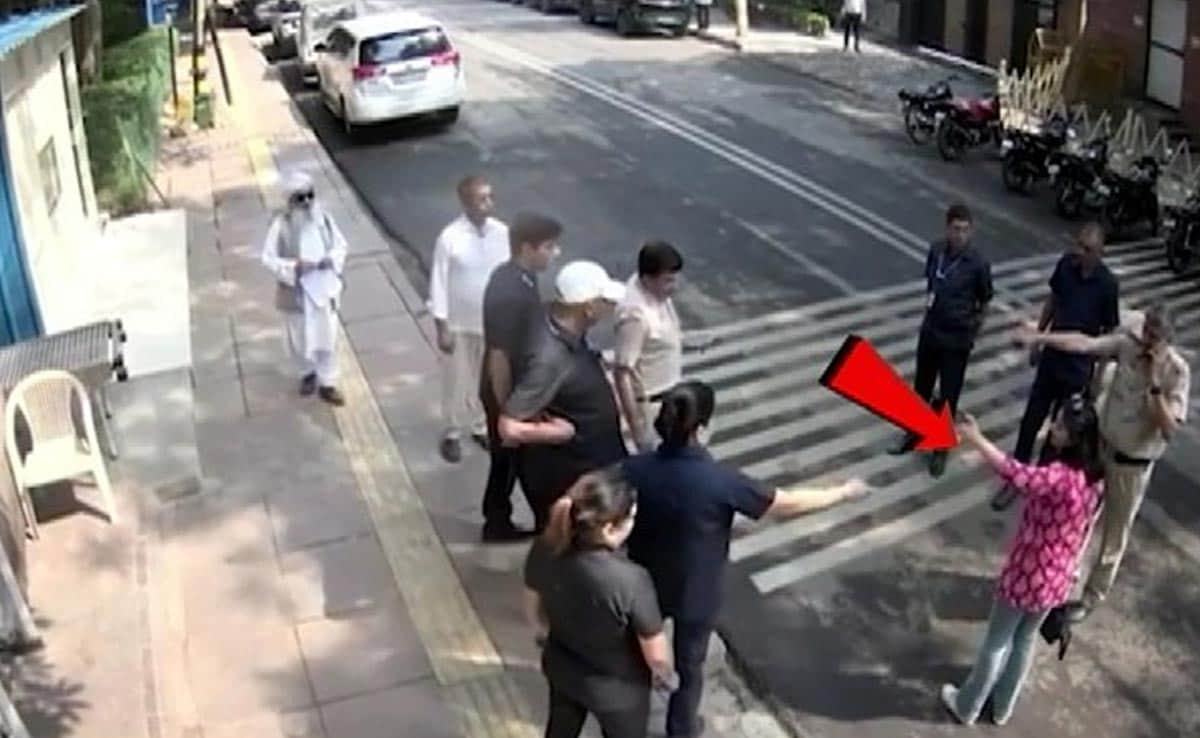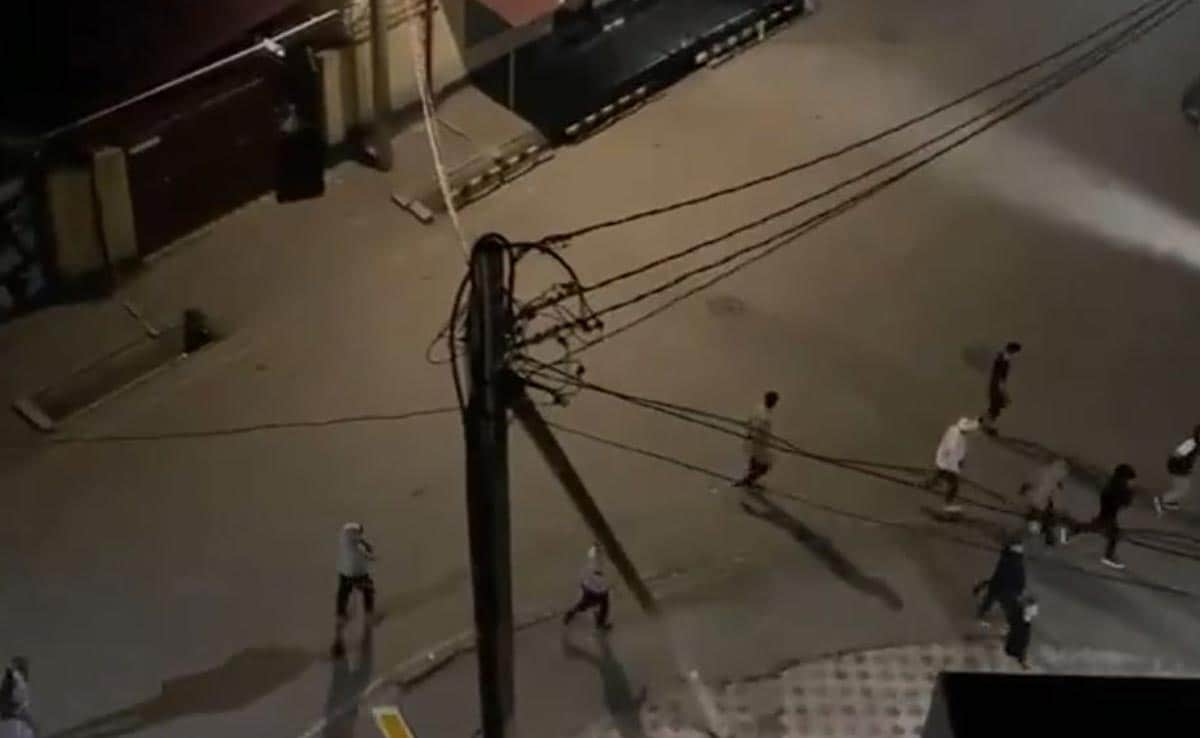An Israeli incursion into the southern city of Rafah in Gaza could lead to a “slaughter” and worsen the humanitarian catastrophe in the region, the United Nations’ humanitarian office and health agency warned.
The city currently serves as a base for humanitarian operations inside Gaza following months of fierce Israeli bombardment and civilian casualties, Xinhua news agency reported.
Earlier this week, Israeli Prime Minister Benjamin Netanyahu said a ground offensive in Rafah would proceed regardless of any potential truce deal with Hamas.
With more than 1.2 million people crammed into Rafah, the city’s ailing health system could not withstand potential devastation if Israel launched an incursion into the region.
Hundreds of thousands of people in Gaza would be at imminent risk of death in case of an assault, warned Jens Laerke, spokesperson for the UN Office for the Coordination of Humanitarian Affairs, at a press briefing in Geneva.
“It could be a slaughter of civilians and an incredible blow to the humanitarian operation in the entire strip,” he said.
The border city is a critical entry point for humanitarian aid. Dozens of aid organisations store supplies for civilians across the Gaza Strip such as food, water, health, sanitation, and hygiene items in southern Gaza City.
The WHO is making contingency plans to ensure the health system is prepared and can continue providing care, but these plans would only be a “band-aid”, Richard Peeperkorn, Representative in WHO’s office for the West Bank and Gaza, told the briefing via video link.
An influx of new displacements would worsen overcrowding, increasing pressure on resources like food, water, and health care, the WHO said in a statement.
This would trigger more disease outbreaks, aggravate hunger, and result in further loss of life.
Only 33 per cent of Gaza’s 36 hospitals and 30 per cent of primary health care centres are partially functional amid repeated attacks and shortages of vital medical supplies, fuel, and staff, the Geneva-based health body said.














